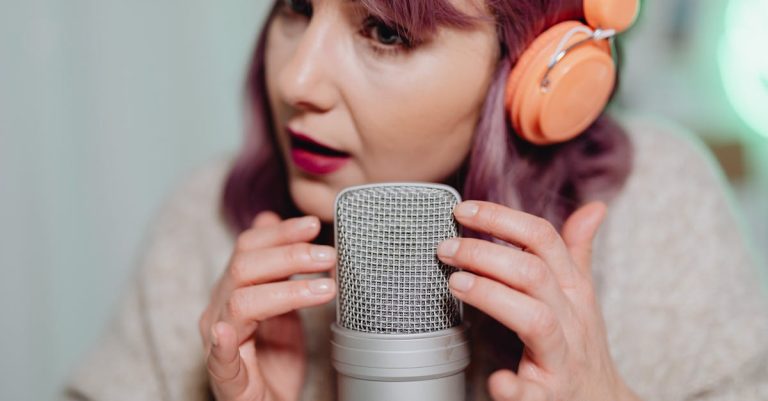Introduction
In a world constantly buzzing with notifications, noise, and to-do lists, finding even a moment of calm can feel out of reach. But what if just a few minutes a day could help you reduce stress, improve focus, and feel more grounded? That’s the power of mindful meditation—and it’s simpler to get started than you might think.
You don’t need incense, silence, or hours of free time. All you need is the willingness to pause and pay attention to the present moment. In this beginner-friendly guide, we’ll walk you through what mindful meditation is, how to practice it, and how to make it a lasting habit—no experience required.
What Is Mindful Meditation?
Mindful meditation is the practice of focusing your attention on the present moment—without judgment. It helps you become more aware of your thoughts, feelings, and bodily sensations, so you can respond to life with clarity instead of reactivity.
Key Features:
- Anchoring your attention (often to the breath)
- Noticing when your mind wanders
- Gently bringing your focus back, again and again
It’s less about “clearing your mind” and more about training your awareness.
Benefits of Mindful Meditation
Backed by science, mindful meditation has been shown to support both mental and physical wellbeing.
Proven Benefits Include:
- Reduced stress and anxiety
- Improved sleep quality
- Increased concentration and mental clarity
- Lower blood pressure and heart rate
- Greater emotional resilience
Even just 10 minutes a day can create meaningful shifts in how you feel and function.
How to Start Mindful Meditation (Step-by-Step)
Step 1: Find a Quiet Space
Choose a space where you won’t be disturbed. It doesn’t need to be perfectly silent—just free of major distractions.
Tip: Early mornings or evenings are often best for consistency.
Step 2: Sit Comfortably
Sit on a chair, cushion, or floor with your back upright but not stiff. Hands can rest on your knees or lap.
Step 3: Focus on Your Breath
Bring your attention to your breath. Notice the sensation of air moving in and out of your nose, or the rise and fall of your chest or belly.
Step 4: Notice When Your Mind Wanders
Your thoughts will drift—and that’s okay. The goal isn’t to stop thinking, but to notice and gently return your focus to the breath.
Step 5: End With Awareness
After a few minutes, bring your awareness back to the room. Open your eyes slowly, stretch, and notice how you feel.
How Long Should You Meditate?
You don’t need to sit for an hour to benefit. In fact, starting small is better for habit-building.
- Beginners: 5–10 minutes daily
- After 1–2 weeks: Increase to 15–20 minutes
- Long-term: Find your own sweet spot
Consistency matters more than duration.
Helpful Tools for Beginners
You don’t have to do it alone—there are plenty of tools and apps to help guide your practice.
Recommended Apps:
- Headspace – Great for beginners with structured programs
- Calm – Includes music, sleep stories, and guided meditations
- Insight Timer – Free meditations and a vast library of topics
- Smiling Mind – Developed in Australia, ideal for all age groups
You can also explore YouTube, Spotify, or podcasts for free guided meditations.
Common Challenges (and How to Overcome Them)
“I can’t stop thinking!”
That’s normal. Meditation isn’t about having no thoughts—it’s about becoming aware of them.
“I don’t have time.”
Even one minute is better than nothing. Try adding it to existing routines (e.g., after brushing your teeth or before bed).
“I don’t feel different.”
Like any habit, meditation takes time. Stick with it for a few weeks and notice subtle changes in your focus and mood.
Tips to Build a Lasting Practice
- Anchor it to an existing habit (e.g. coffee, journaling, stretching)
- Set a reminder or use a meditation app timer
- Track your progress in a journal or app
- Join a community or class for accountability
- Be kind to yourself—every session is a success

The goal isn’t perfection. It’s progress and presence.
Conclusion
Mindful meditation is one of the simplest and most powerful wellness tools available—and it’s accessible to anyone. With just a few minutes a day, you can cultivate more calm, clarity, and connection to the present moment.
Start where you are. Sit, breathe, notice. And let that be enough.
Your mind doesn’t need to be quiet. You just need to be willing to listen.













